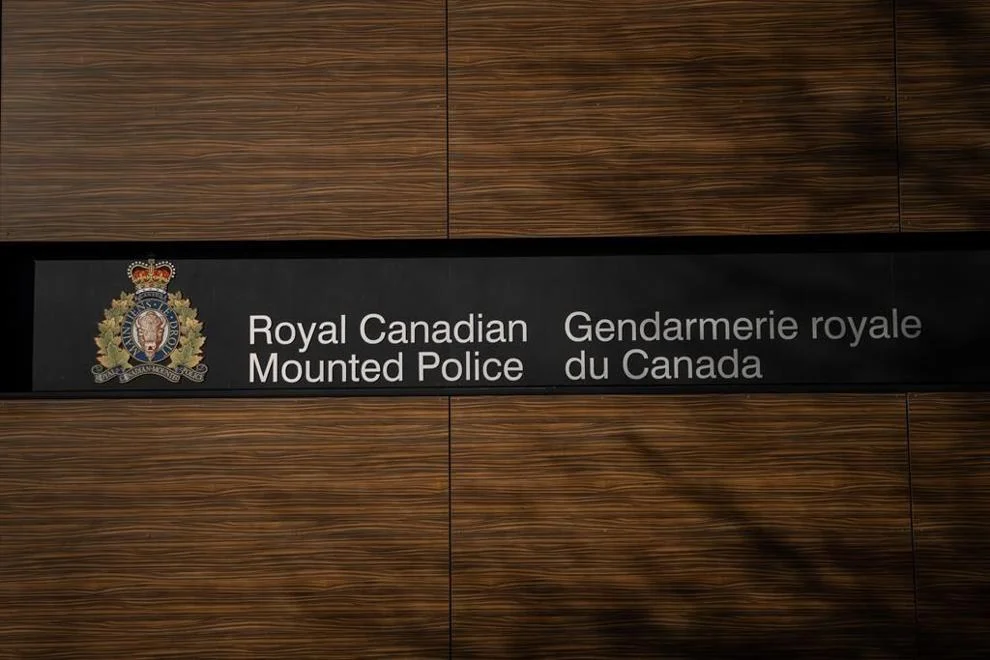
The B.C. RCMP Divisional Headquarters is seen, in Surrey, B.C., on Thursday, Jan. 11, 2024. The first police officer to enter a room where a woman was being held hostage in 2019 has told a B.C. coroner's inquest that he saw her lying on a bed on top of her captor, who was holding a knife to her throat with a gun in his other hand. THE CANADIAN PRESS
During a B.C. coroner's inquest, Cpl. Chris Dibblee recounted his harrowing experience as the first officer to confront a hostage situation in Surrey, B.C., back in March 2019. Upon entering the room, he witnessed Nona McEwan lying on a bed atop Randy Crosson, her captor, who held a knife to her throat and a gun in his other hand.
Dibblee described the critical moments when he grappled with the decision to intervene, realizing the urgency of the situation to save McEwan's life. Despite acknowledging the risk of harming McEwan in the process, Dibblee felt compelled to act, prioritizing her rescue above all else.
The inquest jury, over the course of the week, heard testimonies shedding light on the events leading to the fatal encounter, which resulted in the deaths of both Crosson and McEwan due to police gunfire.
Dibblee elaborated on the chaotic scene, explaining how McEwan's movement exposed Crosson's torso, prompting him to open fire. Other officers swiftly followed suit as the situation unfolded rapidly. Dibblee, equipped with a bulletproof shield, led a team of six emergency response officers into the room after authorities decided to breach the door with explosives in response to Crosson's imminent threat to McEwan's life.
Amidst the chaos, debris obstructed Dibblee's path, causing him to release his shield as he entered the dimly lit room, filled with smoke and dust from the explosion. Despite the challenging conditions, Dibblee remained focused on neutralizing the threat posed by Crosson, who repeatedly threatened to harm McEwan.
Dibblee emphasized that the decision to use lethal force was made independently by each officer, refuting the notion of "sympathetic firing" and underscoring the individual risk assessments conducted in line with their training.
Following the confrontation, McEwan was promptly moved to the kitchen and received initial medical treatment from trained officers for her gunshot wounds. A subsequent report by the province's police watchdog absolved the officers of any wrongdoing, corroborating their accounts of the events. Investigators also discovered a replica pistol at the scene, further corroborating the officers' actions in response to the perceived threat.
Throughout the proceedings, officers testified to their efforts to establish contact with Crosson after responding to reports of a gunshot and a woman's screams. Negotiators had assessed Crosson as potentially volatile and violent, particularly following the end of his relationship with McEwan and his refusal to leave the premises.
While the inquest jury does not assign blame, they have the opportunity to propose recommendations aimed at preventing similar tragedies in the future, reflecting on the complexities and challenges faced by law enforcement in hostage situations.















